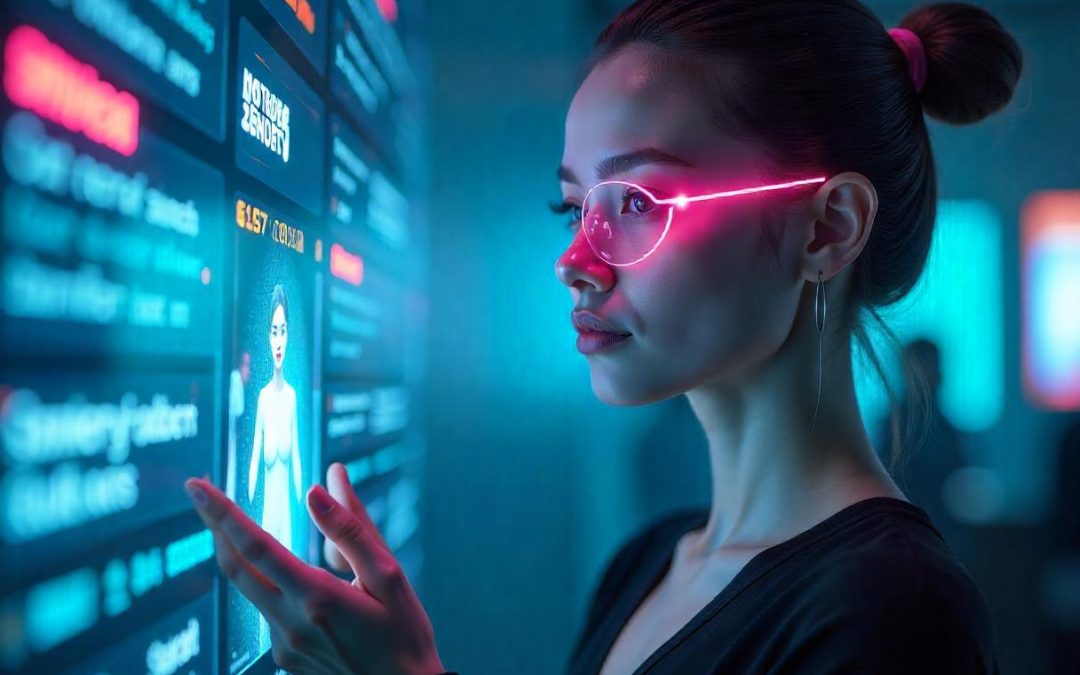Influencer marketing is changing rapidly in the face of AI-generated avatars. They have come into being with the help of super-intelligent artificial intelligence and deep learning and do things with the existing influencers in ways we could hardly have imagined.
Companies are increasingly looking towards AI or digital man-made influencers such as Lil Miquela and Imma, who provide terrific creative control, consistency, and zero scandal risk. Unlike human influencers, however, AI avatars won’t require exorbitant payments, layoff time, or create controversies that would tarnish a brand’s reputation. Such avatars can be programmed to synchronize exactly with a brand’s messaging and aesthetics for an impeccable marketing experience.
Another crowbar for this new world is audience engagement. AI influencers are tailor-made for interacting with a supposed fan base like a human, reflecting their comments and creating personalized content. In addition, benefiting from the trend of engagement seen by most social media algorithms, this digital avatar excels over traditional influencers.
But can these avatars actually replace human connection? Of course, they can bring efficiency; however, authenticity is still a critical factor in influencer marketing. There are many audience segments that crave actual experience and true recommendations, which AI influencers might find redundant in offering.
This line between real and artificial has blurred with the development of technology. AI avatars are now reshaping that space, not to leave entirely people-less but co-existing such that they offer businesses a hybrid approach to digital marketing.
#AIInfluencers #DigitalAvatars #FutureOfMarketing #AIMarketing #SocialMediaTrends

